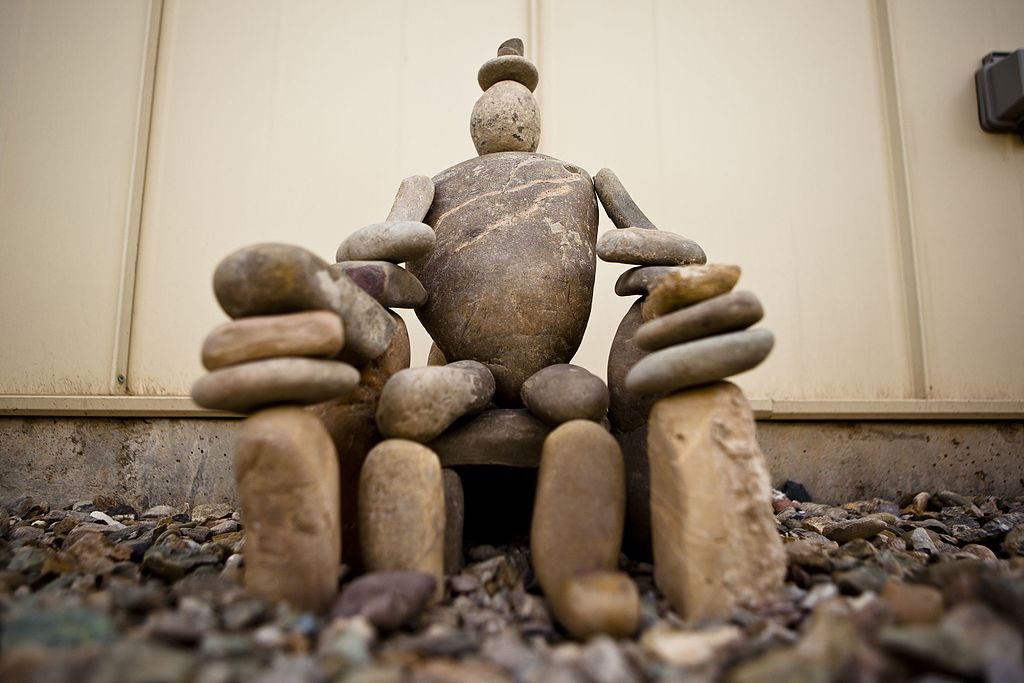The first session with a new client is often the most important; not only can it set the tone for how the practitioner-client relationship will develop, but many clients decide whether to continue working with a new professional by the end of that initial encounter. One of the ways you can help a client feel more comfortable and respected is by using the intake form to familiarize yourself with them. After all, few things make a client feel worse than when their therapist can’t even remember their name!
You don’t have to wait until you’ve developed a long-term relationship with your client to start bringing ecopsychology into the equation. The simplest way to do this is to include a question or three about the client’s relationship to nature in the intake form. Clients are often encouraged to talk about their relationships to other human beings, be they friends, family, coworkers, etc. But what about relationships to the non-human parts of their world?
It’s become easier in the past couple of decades for people to talk about their connections with pets like dogs and cats, and to openly grieve for them when they die. (I’ve even seen people give a deceased goldfish a Viking-style funeral in a plastic wading pool, complete with paper boat-borne funerary pyre!) But who, outside of environmentalists, ever talks about their relationships with parks, childhood back yards, or favorite outdoor vacation getaways?
You might be surprised! Many clients have never had a mental health professional ask them about their connection to nature. It may even take them a few moments to come up with an answer, as they may not have thought about it in many years. But once they access that part of their lives, they often have a lot to say about it!
That conversation doesn’t have to wait for the third, fourth, or even tenth session. You can let the client know you value their relationships to the land and its denizens by asking them about it in the intake form. Try including the following questions just after you ask them about those aforementioned friends, family and coworkers:
- Do you have any pets or other animals in your day to day life? How much time do you spend with them? Is your time with them mostly spent indoors, or do you also go outside?
- How often do you go outside each week for purposes other than going from one indoor place (like a house, car, workplace, etc.) to another? How long do you spend each time on average? How much time is spent on activities like yardwork versus outdoor leisure activities?
- Would you like to spend more time outside? Is there anything preventing you from getting out more?
- Are there any outdoor places you feel especially comfortable in or that feel special to you? Did you have any places like that when you were a child, and if so do you still have a connection to them today?
These are just sample questions, of course. You’re welcome to modify them, or ask about other, related topics. The goal is to get the client thinking about the time they spend outdoors and their feelings about the places where they get the most outdoor time.
You can then bring up their answers during your initial intake session. Some clients will be very elaborate in speaking about their special nature places and activities, and they may even be excited that you asked them about them. Others may be more reluctant to talk about them. Sometimes this means that they’ve had a bad experience related to nature, such as having a favorite childhood place destroyed. But other times they may simply not feel that nature is all that important to them. In the latter case, don’t press the issue! Just start with what the client wants to talk about, and see if there’s a place later on in your work with them where their connection to nature (or lack thereof) may be relevant. Not every client will end up being a good candidate for ecotherapy, and it’s better to let the matter slide than to try to convince them that nature really IS good for them.
Intake, of course, is just the “getting to know you” part of your relationship with the client, so it’s likely you won’t get into a lot of depth in that first session or two. But take notes—you may be able to weave their initial responses about nature into later work, such as finding parallels between their relationships with people and the land, or “prescribing” time in nature as a form of self-care.

